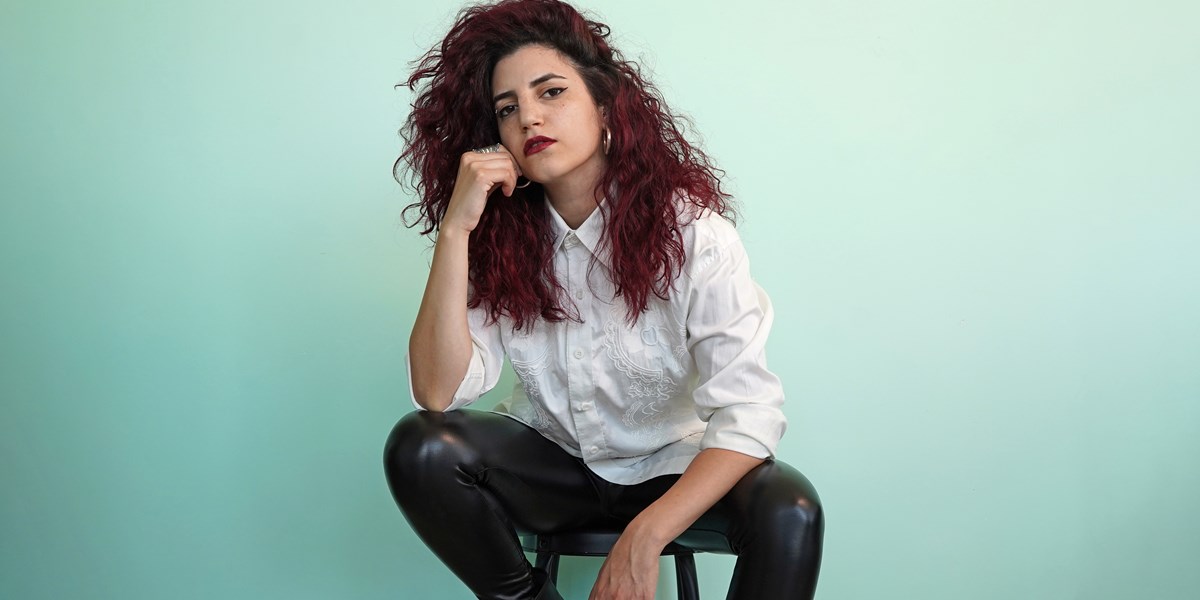Friday, July 1, 2022
Haya Zaatry interview
By Jo Setters
Meet the young Palestinian singer-songwriter and architect for whom dialect is local, but language is universal

©Maria Zreik

Register now to continue reading

Thanks for visiting the Songlines website, your guide to an extraordinary world of music and culture. Sign up for a free account now to enjoy:
- Free access to 2 subscriber-only articles and album reviews every month
- Unlimited access to our news and awards pages
- Our regular email newsletters

